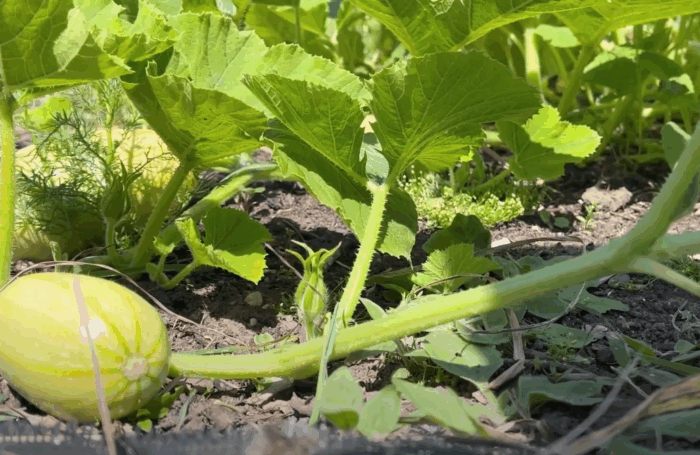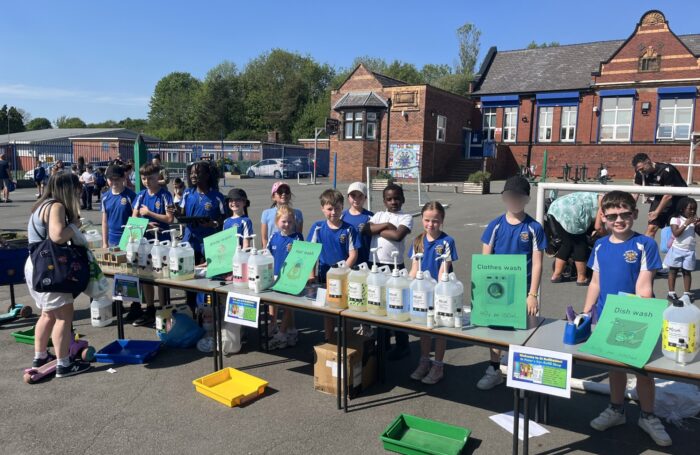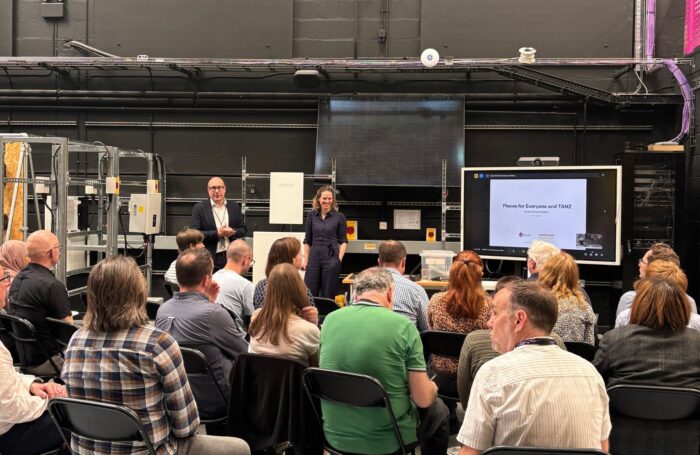Raise a low carbon glass!
As well as being sustainable we want Greater Manchester to be a safe place to enjoy yourself. Concerns about public safety have led to licensing conditions for some bars and pubs stating that they must use plastic alternatives to glass for drinks taken outside, for drinks served after a certain time, or for all drinks. For example, at some larger gig venues where it’s difficult to maintain a security presence in the middle of the crowd.
For plastic pint pots there aren’t any great options at the moment in disposables. This product really highlights the need to move to reusable options where possible. The PlasticFreeGM campaign is currently investigating how we can help businesses to make reusable beer cup schemes easier and better, and we hope to bring some good solutions to the city-region soon.
Get ready for the new legislation
From 1st October 2023, new laws come into force in England. This means you must not supply certain types of single-use expanded and extruded polystyrene cups. If your business is using these types of cups it’s essential to shift to more sustainable choices.
Our advice is to follow the principles of the waste hierarchy.
Recyclable versus recycled
It can sometimes be tricky to navigate the world of products claiming to be ‘green, compostable, recyclable and plastic-free’. New products are entering the market all the time, and lots of these are just not as green or sustainable as they claim to be. The fact that a product has the word recyclable or compostable stamped on it doesn’t mean that it is easily or widely recycled or that it will get composted. The recycling and composting world is complicated. It’s limited by the current infrastructure, lack of end markets and by the incredibly complex and different types of plastics and bio-plastics there are.
For example, PLA (plant-based bio plastics) cold drinks cups aren’t accepted by most waste management services, and cause problems if they end up in plastic recycling batches. This is a good example of where we need to consider the whole lifecycle of the products that we buy and use. While it may seem more sustainable to buy in 100% compostable products, most of these items don’t get recycled or composted and can have a higher carbon footprint than plastic ones.
Always check with your service provider what they can accept for recycling and for composting.
Dedicated cup recycling services
Simply Cups
There are some companies that will collect disposable cold drinks cups made from card with a plastic lining and make sure they get recycled, like Simply Cups. If you use these cups make sure you have a dedicated cup recycling service in place. They are a good option if you are in a closed loop environment like festivals or within individual buildings and have this service in place. From 2024, a mandatory takeback requirement for fibre-based composite cups will be introduced under the new Extended Producer Responsibility for Packaging. This means that sellers of filled fibre-based composite cups that employ 10 or more staff will be required to have a dedicated separate collection in place, making the recycling of these cups easier and a better choice for the environment.
Closed Loop
There are dedicated services, like Closed Loop, that will ensure that recyclable single-use plastic cups are recycled, if staff can separate them from everything else. At the moment this is one of the more sustainable options if you’re a business using disposables.
This is a good example of where we need to consider the whole lifecycle of the products that we buy and use. While it may seem more sustainable to buy in 100% compostable products, most of these items don’t get recycled or composted and can have a higher carbon footprint than plastic ones.
Making sustainable choices
Sustainability rating
Green: A great sustainable choice. Good work.
Amber: Doing well but room for improvement. Move towards a green choice.
Red: Not a good choice for the planet. Move to an amber choice. Or even better a green choice.

| Your choice | Our rating | Things to consider |
| We sell reusable take away cups and offer a discount to our customers who use them. | Green | As a general rule reusable is always a better option than disposable. Buy in some reusable cups to sell and find ways to encourage your customers to keep using them (see section below). |
| We offer reusable cold drinks cups to customers for free or on a deposit return scheme. | Green | Good job! Could your business offer a deposit return scheme like the Manchester Christmas markets do every year? PlasticFreeGM are looking into how we can make reusable schemes easier across the city-region. |
| We stock disposable cold drinks cups made from card with a plastic lining. For example, the soft drinks takeaway cups found commonly at fast food restaurants. If you’re unsure what the products you stock are made from, check the box or ask the supplier. | Amber | Due to the plastic lining these cups cannot go in the normal paper and card recycling. However, there are dedicated services that will collect these cups and make sure they get recycled, like Simply Cups. If you use these cups make sure you have a dedicated cup recycling service in place. They are a really good option if you are in a closed loop environment like festivals or within individual buildings and have this service in place. From 2024, a mandatory takeback requirement for fibre-based composite cups will be introduced under the new Extended Producer Responsibility for Packaging. This means that sellers of filled fibre-based composite cups that employ 10 or more staff will be required to have a dedicated separate collection in place, making the recycling of these cups easier and a better choice for the environment. |
| We stock PET (polyethylene terephthalate) plastic single-use cold drinks cups and our business separates these cups from all other types of plastic waste so that the cups can be collected and recycled through a dedicated recycling service like Closed Loop. | Amber | This is where things get tricky. Usually the single-use plastic option is one of the worst. But single-use plastic pint pots and half pints are the exception that demonstrate how complicated the issue can be. It’s essential to consider not just what you buy, but also where it will go once it’s been used. If your business invests in a dedicated service that allows you to separate your single-use PET plastic pint pots and half pints from everything else and those plastics go to a service like Closed Loop, where the cups can be made into another cup, then this single-use plastic version could be one to consider. |
| We stock disposable take away cups made with an aqueous lining that say they are plastic free, compostable and recyclable. | Red | These cups are new to the market and very little research is known about them. They are not accepted in the paper and card recycling at home and require specialist recycling and composting services. Always check with your waste collection provider what types of products they will accept. |
We stock single-use cold drinks cups made from plastic and have no specific service in place to separate them from all other waste and ensure that they are recycled. | Red | Not a great choice when it comes to disposables. Disposable plastic cups are not recycled in standard dry mixed recycling services for businesses and are not suitable for residents’ plastic recycling bins at home. It can be difficult and expensive to do the right thing with plastic, but it’s not impossible. Some plastic cups can be recycled by dedicated services like Closed Loop. Choose this option and you’ll be moving up the sustainability rating. |
| We stock disposable cold drinks cups that are made from PLA (plant-based plastic material) where the packaging states 100% compostable. | Red | This option has ended up at the bottom of the pile in terms of sustainable choices, on first glance PLA seems like a sustainable option. But PLA only breaks down under specific conditions like industrial composting, so it won’t break down in a traditional compost heap. PLA is not accepted by most domestic or commercial composting services. PLA cannot go into the plastic recycling bin and can cause whole batches of plastic recycling to be rejected. It’s just another complicated waste stream! |
| We stock disposable polystyrene take away cups e.g. expanded polystyrene ‘foam’ cups. | Red | One to avoid. These cups will be banned in England from October 2023. Make sure you are not hoarding stocks and move to one of the more sustainable options above. |
MOVING TO REUSABLE OPTIONS. HINTS AND TIPS
By far the most sustainable thing to do is move towards reusable drink cups. The added bonus is that it will save your business money! So, here’s some ideas for helping your customers to go reusable.
Charge for disposables. Research has shown that adding a charge for the use of a disposable cup has more impact than offering a discount for customers who bring a reusable cup. It also flips the view on what is normal. Those who bring a reusable cup aren’t the exceptional (or weird). It’s the people who don’t have their own reusable cup that need to catch up.
Offer a discount to customers who bring their own reusable cup. If you feel that charging extra for the use of disposable cups could alienate your customers, at least make sure you are offering a discount to customers who do bring their own cup. Set it at a rate that makes it attractive. If you offer a bigger discount. You might even gain some extra customers!
And make it easier for customers to use a reusable cup by offering to run it through your pot wash, and don’t forget to publicise the fact that this service is available.
Tell people you have made a change
If you switch to some of the sustainable behaviours above, make sure you put up a sign or tweet about it. This will let your customers know that you are making a positive shift to help the environment in Greater Manchester. Remember to include #PlasticFreeGM and @GMGreenCity in your tweets so we can retweet you.



